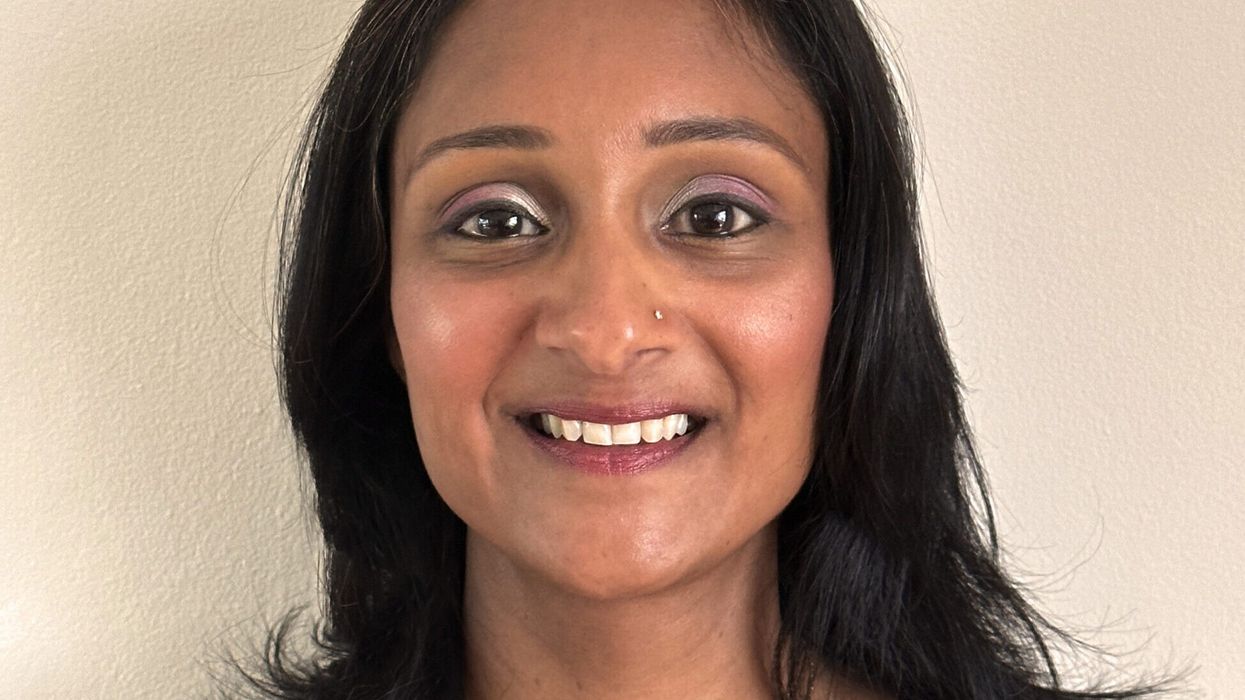The support on offer for patients at their GP practice is expanding, thanks to thousands more healthcare staff working in local communities.
NHS England is raising awareness of the support available, following a survey that reveals that almost one third (31%) of South Asian people in England are unaware of the different options available to them at their GP practice.
More than 31,000 additional members of staff have been recruited into health and care roles at general practices across the country since 2019 - meaning an expanded team of health professionals are now available to help patients get the right care when they need it, in addition to seeing their GP or practice nurse.
The NHS in England’s new campaign highlights the support offered in community health teams, including pharmacists, mental health practitioners, paramedics, physios, and social prescribers who are now available in every part of the country.
A patient can always see their GP, but the NHS is training more than 7,500 staff to better assess the information patients provide about their need so they can be seen by the right health professional in the team or other local service. For example, if you have muscular pain, they will book you straight into see a physiotherapist.
Almost two in three (63%) South Asian people surveyed said they were happy to receive care from another health worker, recognising they didn’t always need to see a GP.
Professor Bola Owolabi, NHS Director of Healthcare Inequalities Improvement, said: “It’s vitally important that everyone understands that general practice is so much more than a GP. We know awareness is lower in South Asian communities and this campaign is an important step in helping people understand the full range of services that are now available, and in helping us to reduce healthcare inequalities.
“As a GP myself, with a host of different health care professionals working in my general practice team, I see firsthand how my patients benefit from the care and support they can provide – whether it’s exercises to help a muscle injury heal or help with a housing issue that is impacting mental health.”
Dr Sheetle Shah is an experienced GP working with a team of health professionals at her surgery in Croydon. She said: “Our reception team is specially trained to ask you the questions that will get you an appointment with the right health professional for your particular condition. We know that a lot of people are used to seeing a GP for a wide variety of health concerns, but having a broader team of specialists has really helped our patients to feel reassured that they’re getting personalised advice and the best treatment for their individual situation. At our surgery we all work together as a team to make sure you get the right support.”
Record numbers of people are seeking support from their family doctors but, with one in five GP appointments for non-medical reasons such as loneliness or seeking advice on housing or debts, the NHS wants to make sure that the right convenient help is available.
To help explain the support available in the community, a new film has been released by NHS England, which sees three curious children go behind the scenes at a general practice to meet some of these professionals and learn more about how they help patients get the care they need. This will be followed later in the year by an animated film aimed at wider multicultural communities, explaining the roles of the various health professionals and translated into a range of languages, including Hindi, Panjabi, Gujarati and Bengali.
The primary care plan published by NHS England and Government earlier this year committed to offering people more convenient options to seek care including options to self-refer for conditions such as physiotherapy, podiatry, and hearing tests without seeing a GP.
Kinal Vora is a clinical pharmacist at a GP practice in Wembley, London. Her work can include areas such as carrying our medication reviews for patients at the surgery who may have ongoing health problems. She says: “The work I do is a really good example of why you don’t always need to see a GP – someone like me has the clinical skills to deal with minor health conditions, giving you advice or medication if needed. I also can review your medication and enhance the use of it or deal with any issues such as side effects. Having a close-knit team of different health professionals makes our surgery work efficiently, so that each patient gets the care they need at the right time.”
To get help from your general practice, patients can get in touch using a form on their website, by phone or in person. However you choose to contact them, your practice team will ensure you get the care you need.
Visit nhs.uk/GPservices to find out more.
.




